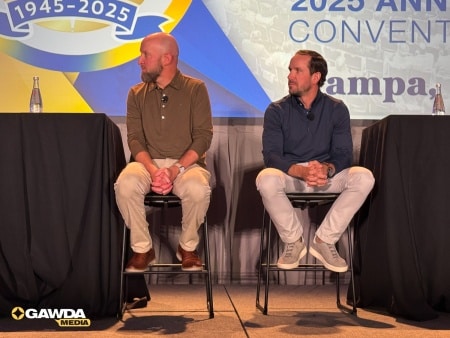FMCSA Delays Compliance Date for States’ Query to Clearinghouse. The Federal Motor Carrier Safety Administration has delayed the requirement that States request information from the Drug and Alcohol Testing Clearinghouse about individuals before completing certain commercial driver’s license transactions for those drivers. 84 Fed. Reg. 68052 (December 13, 2019). The States’ compliance with this requirement, currently due to begin on January 6, 2020, is delayed until January 6, 2023. This rule will, however, allow States the option to voluntarily request Clearinghouse information beginning on January 6, 2020.
The Clearinghouse rules will still go into effect for motor carriers and drivers on January 6, 2020 as planned, however.
According to the FMCSA, the delay will allow the agency the time needed to complete its work on a forthcoming rulemaking to address the States’ use of driver-specific information from the Clearinghouse, and time to develop the information technology platform through which States will electronically request and receive Clearinghouse information.
FMCSA Seeks Comments on Petition to Withdraw Driver Hearing Requirement. The Federal Motor Carrier Safety Administration has published a petition for rulemaking from the National Association of the Deaf to rescind the requirement for interstate drivers of commercial motor vehicles (CMVs) to be able to hear. 84 Fed. Reg. 68386 (December 16, 2019).
The petition also requests that FMCSA amend the requirement that interstate drivers be able to speak, and the rule prohibiting the use of interpreters during the administration of the commercial driver’s license skills test. The petitioners argue that the origins of the hearing requirement dates to a time of misguided stereotypes about the abilities and inabilities of deaf and hard of hearing individuals and the rules should now be changed.
The current hearing standard under 49 CFR § 391.41(b)(11) was adopted in 1970, with a revision in 1971 to allow drivers to be qualified under this standard while wearing a hearing aid. The FMCSA has granted more than 450 hearing exemptions to individuals who do not meet the hearing standard.
In addition, § 391.11(b)(2) requires that interstate CMV drivers read and speak the English language sufficiently to converse with the general public, to understand highway traffic signs and signals in the English language, to respond to official inquiries, and to make entries on reports and records.
Chemical Safety Board Proposes Release Reporting Rule. The Chemical Safety and Hazard Investigation Board has published a proposed rule for reporting of accidental releases of a regulated substance or other extremely hazardous substances into the ambient air from a stationary source. 84 Fed. Reg. 67899 (December 12, 2019).
An extremely hazardous substance means any substance that may cause death, serious injury. Regulated substance means any substance listed by the EPA Administrator pursuant to the authority of 42 U.S.C. § 7412(r)(3).
The CSB proposal would require reporting of an accidental release within four hours of the release. The proposed rule would require reporting minimal contact information and a basic description of the accidental release, including the relevant CAS Registry Number for the chemical(s) involved in the release, and an estimate of the property damage at or outside the stationary source.




